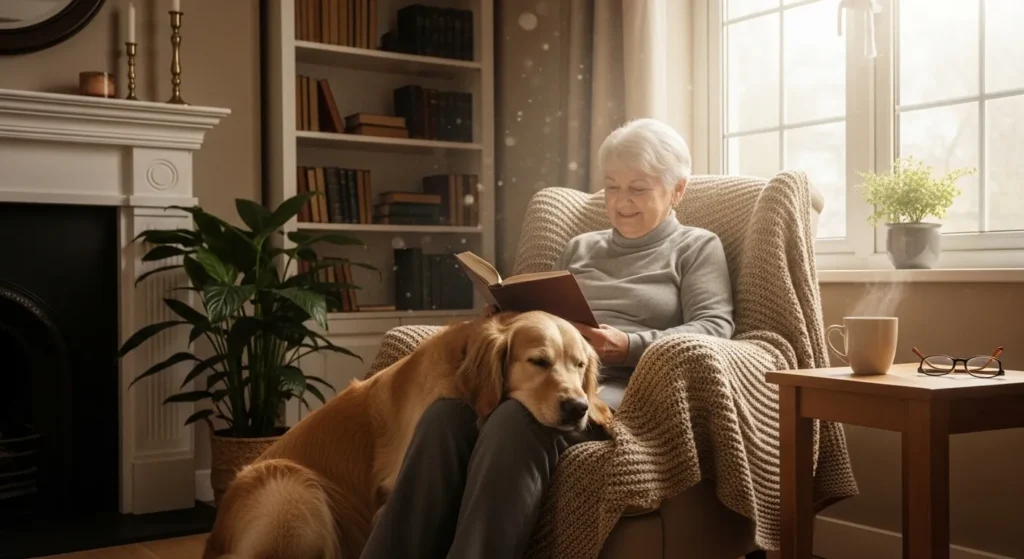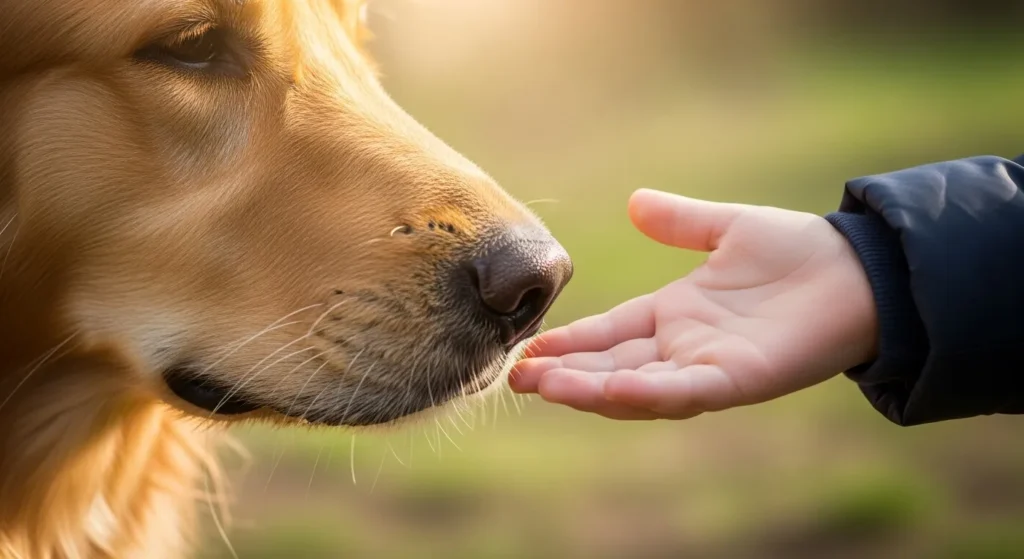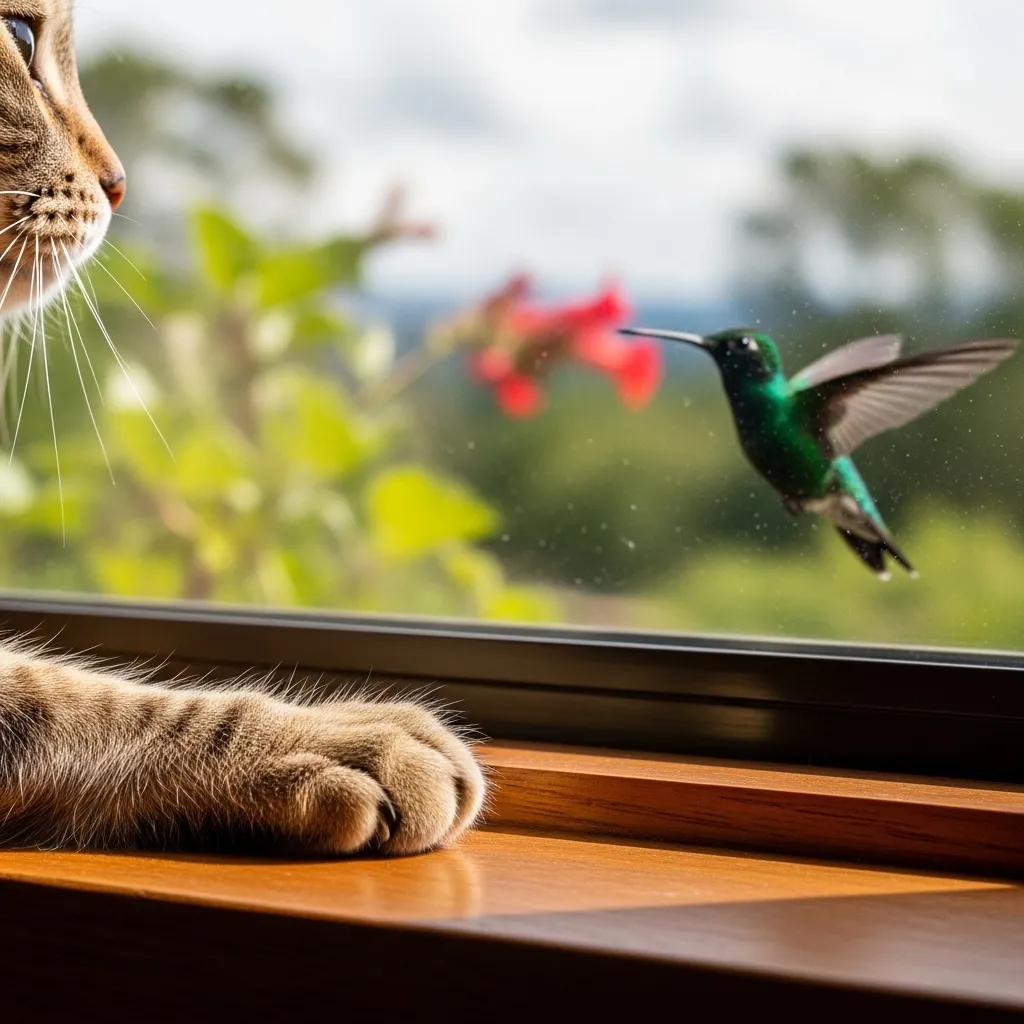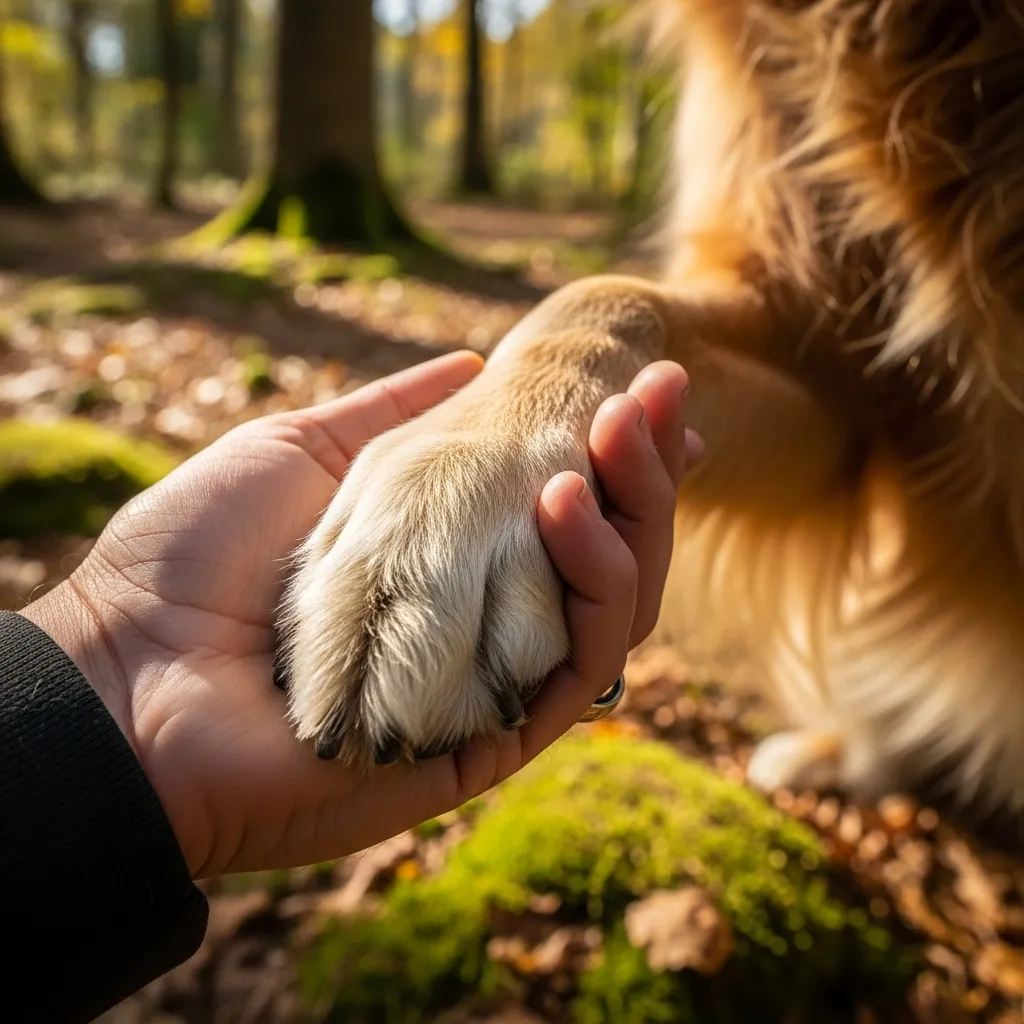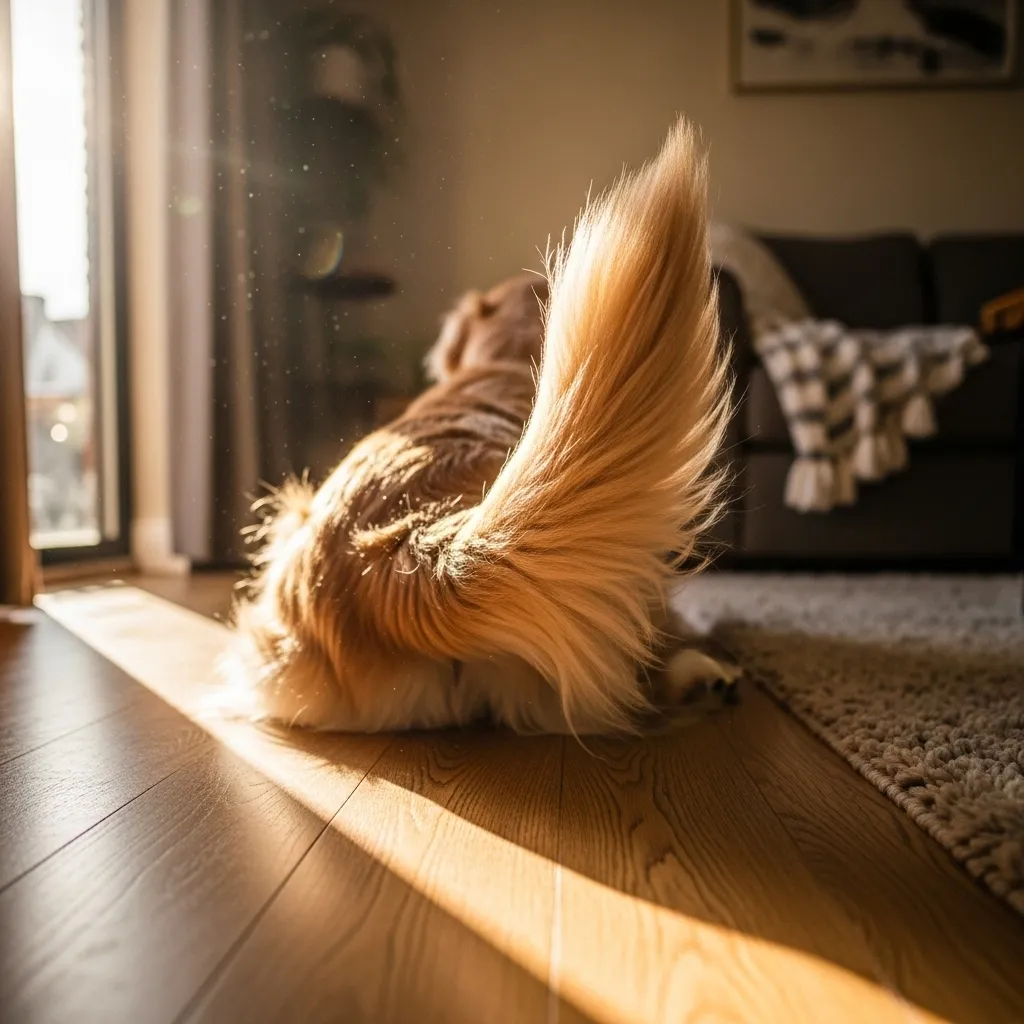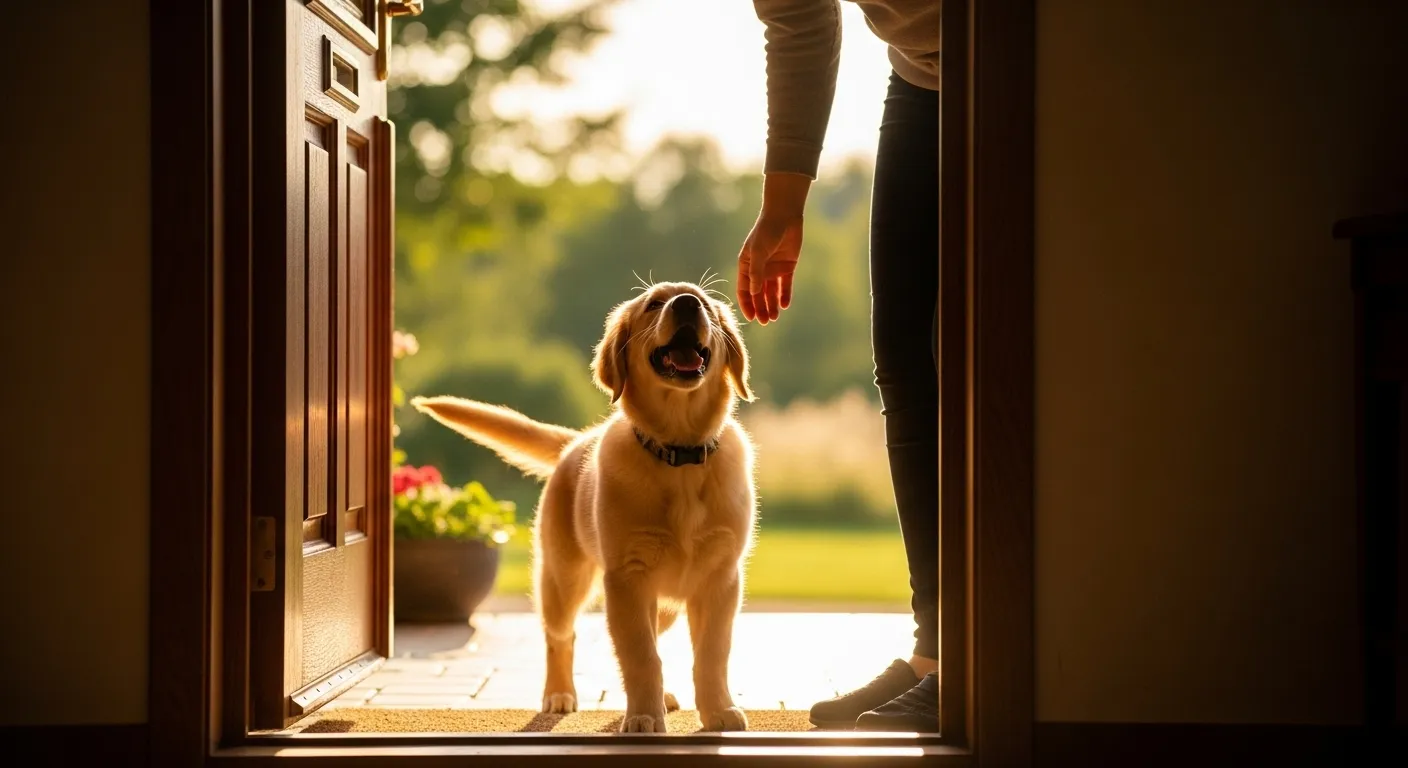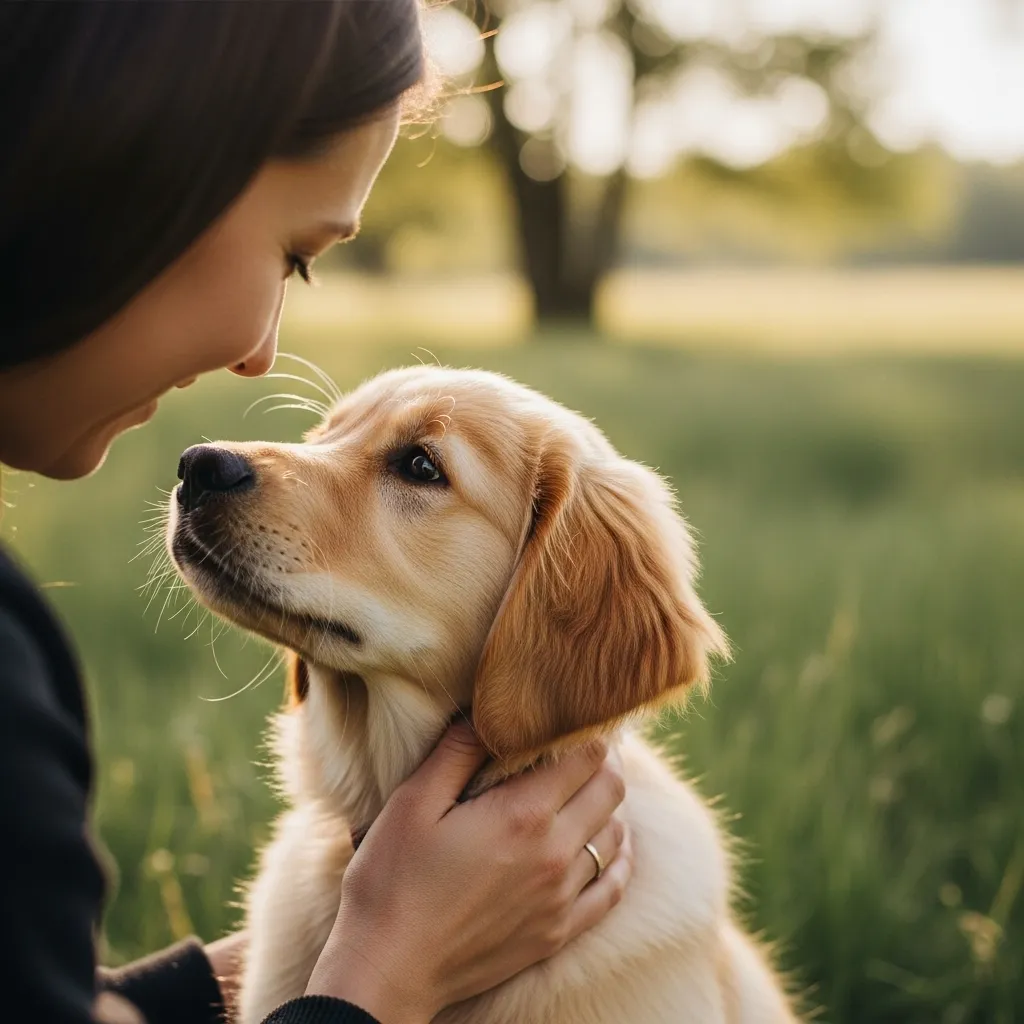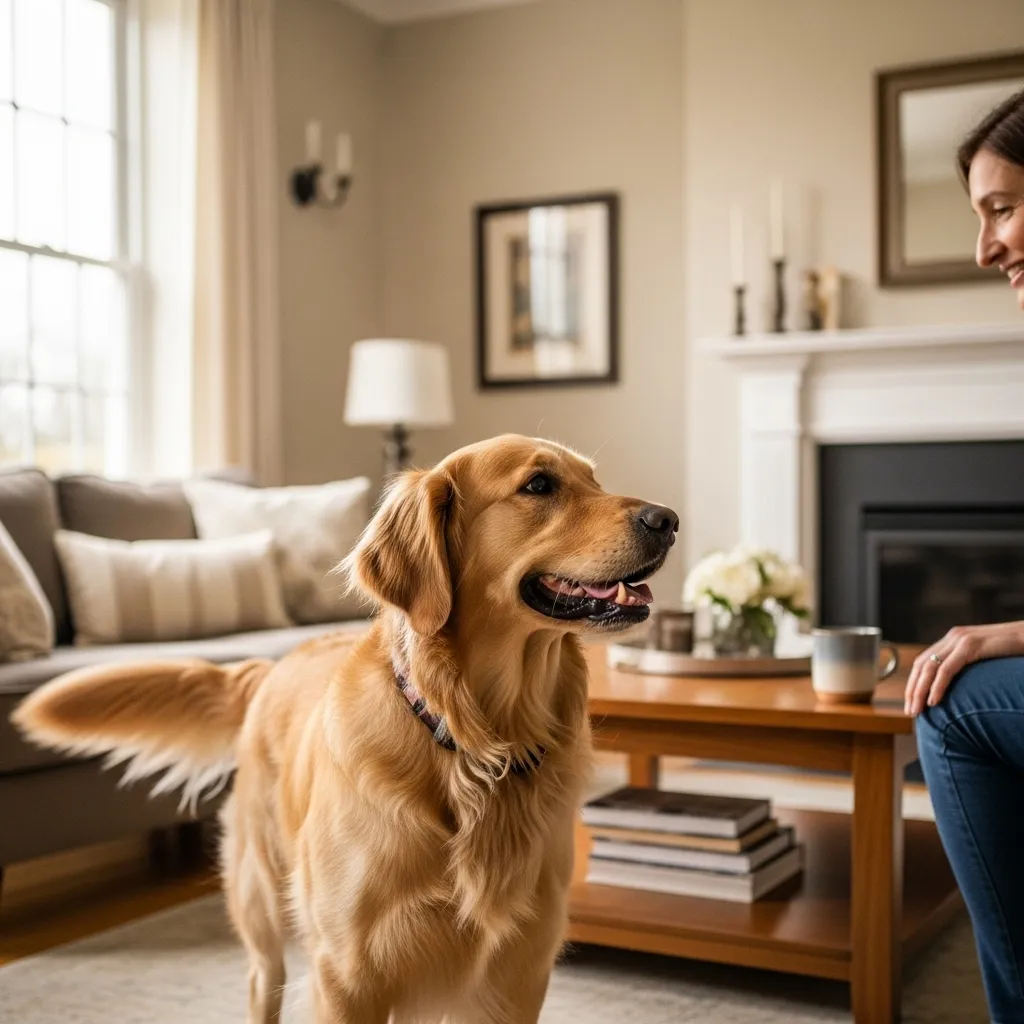
1. Basenji: The “Barkless” Dog
Often topping lists of quiet dogs is the Basenji, a unique and ancient breed from Africa. They are famously known as the “barkless dog,” but this nickname is a bit of a misnomer. While they do not produce the classic “woof-woof” sound, they are far from silent. Basenjis communicate through a series of unique vocalizations that are often described as yodels, chortles, or baroos. These sounds are endearing to breed enthusiasts but can be surprising to the uninitiated. However, they tend to make these noises less frequently than a typical dog barks, making them an excellent choice for those sensitive to traditional barking.
Temperament and Personality
The Basenji personality is often described as cat-like. They are independent, intelligent, and can be aloof with strangers. They are meticulous groomers and are known for their cleanliness. While they form strong bonds with their families, they are not typically a fawning lap dog. They show affection on their own terms and possess a curious and clever nature that can sometimes lead to mischief. Their intelligence is high, but so is their independence, which can make training a challenge. They respond best to creative, engaging, and patient training sessions using positive reinforcement.
Exercise and Enrichment Needs
This is not a couch potato breed. Basenjis were originally bred as hunting dogs and have a significant amount of energy to burn. A bored Basenji is a destructive Basenji. They require daily vigorous exercise, such as long walks, jogging, or playtime in a securely fenced yard. It is critical to emphasize “securely fenced” as Basenjis are notorious escape artists, able to climb and jump with surprising agility. Beyond physical exercise, they need a great deal of mental stimulation. This is where enrichment—activities that engage a dog’s mind—is vital. Puzzle toys, snuffle mats, and scent work games are excellent ways to keep their sharp minds occupied and prevent boredom-related behaviors. Without an outlet for their physical and mental energy, even a “barkless” Basenji can become a noisy and difficult housemate.
Living Situation and Health
Despite their high energy, Basenjis can adapt well to apartment living, provided their exercise needs are diligently met by their owner. Their compact size and clean habits are a major plus for smaller homes. Their short coat requires minimal grooming, which is another benefit. Prospective owners should be aware of certain health conditions common in the breed, most notably Fanconi syndrome, a kidney disorder. Responsible breeders screen for this and other genetic conditions. For general breed information, you can always consult the American Kennel Club (AKC) breed profiles.
For senior owners, a Basenji could be a mixed bag. Their manageable size and low grooming needs are appealing, but their high energy and mischievous streak may be too much for someone with limited mobility or seeking a more placid companion.

